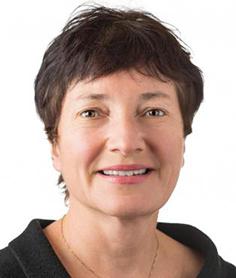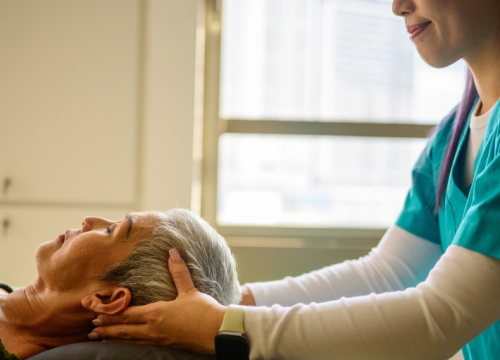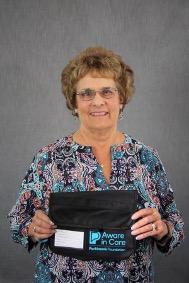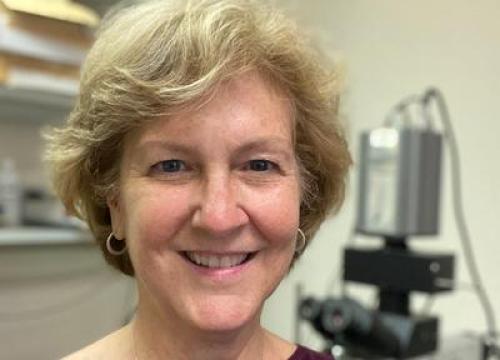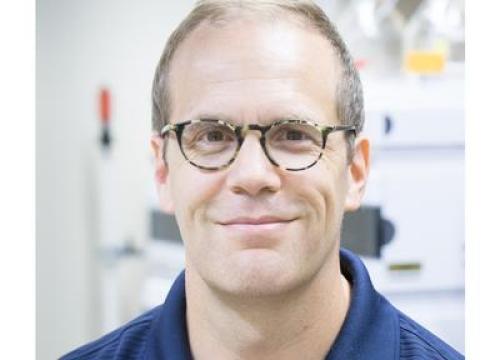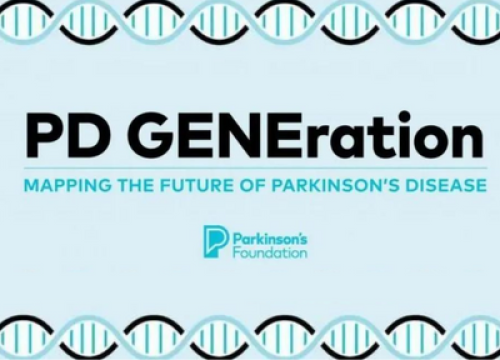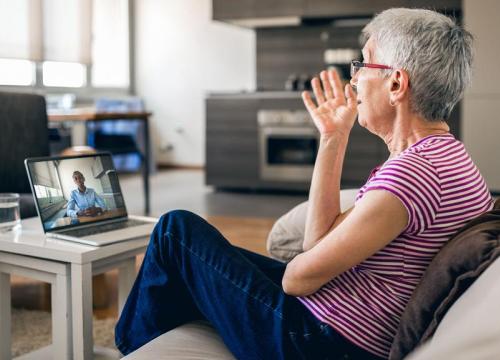Episode 79: How Clinical Studies Help People with PD
Clinical studies fall into two main categories – observational and interventional. An observational study is non-experimental. Researchers observe the effects of a risk factor, such as an inherited gene, or air quality, or a treatment that has already been applied. Researchers have no control over the variables. Such a study can show a correlation between the variable and the observed outcome but cannot prove that one caused the other. In an interventional study, such as a clinical trial, researchers introduce an intervention, such as a drug treatment, exercise, or meditation and then observe the results. A rigorous form of an interventional trial divides people into two or more groups, one receiving the intervention and, for example, the other receiving a placebo or standard treatment. Both types of study are valuable, and sometimes the findings from an observational study can suggest a hypothesis and lead investigators to design a clinical trial.
The Parkinson’s Foundation PDGENEration: Mapping the Future of Parkinson’s Disease study is a flagship initiative providing free genetic testing and genetic counseling to look at specific Parkinson’s-related genes and connect their presence with disease course, medication usage, and other outcomes. Besides potentially helping people with Parkinson’s manage their disease better, the results may empower clinical trial design, such as seeing how a medication may affect the disease depending on what type of gene is present. Dr. Tanya Simuni, Chief of Movement Disorders at the Northwestern University Feinberg School of Medicine in Chicago and Dr. Michael Schwarzschild, director of the Molecular Neurobiology Laboratory at Massachusetts General Hospital in Boston, discuss some aspects of clinical studies in PD and why it is important for people with PD to participate in them. Both institutions are Parkinson’s Foundation Centers of Excellence.
Released: April 21, 2020
Want more?
Don't forget to subscribe! There are many ways to listen: Apple Podcasts, TuneIn (Amazon Echo), Spotify or RSS Feed. (Need help subscribing? See our quick guide.)
For all of our Substantial Matters podcast episodes, visit Parkinson.org/Podcast.
Related Materials
Related Blog Posts

Mapping the Brain in High Resolution: How the University of Michigan is Advancing Parkinson’s Neuroscience
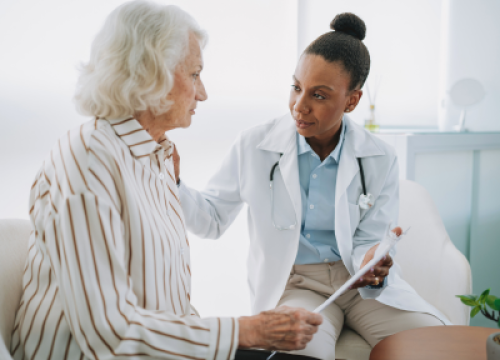
Neuro Talk: Newly Diagnosed


